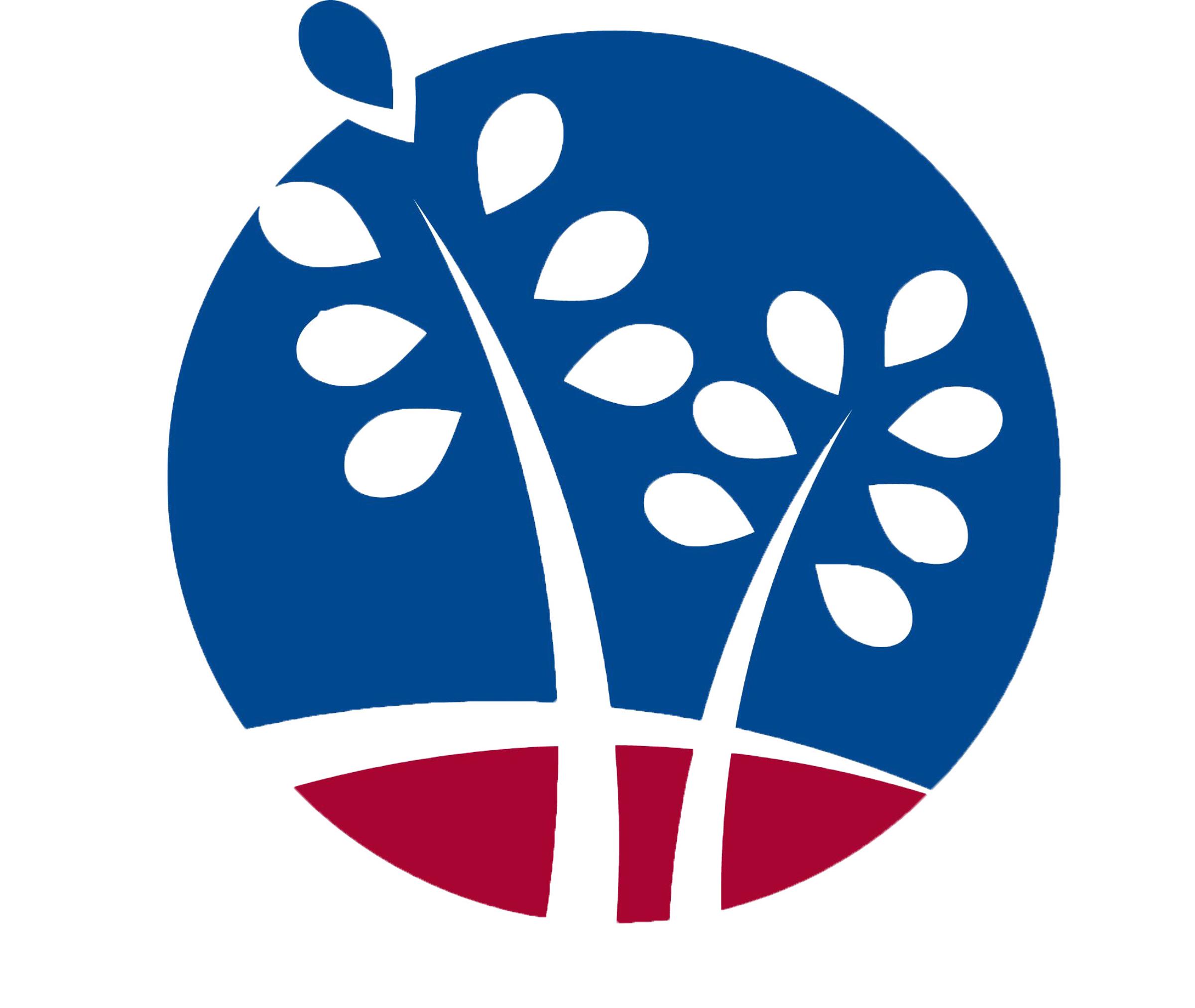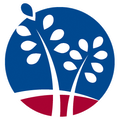Year 10 Core

Structure
The curriculum structure for Year 10 students provides the best possible educational opportunities for students and a seamless transition from the Middle School to the Senior School.
Year 10 can be a pre-VCE year, an introductory VCE year or a combination of both. For many students, it is a pre-VCE year during which students build on and consolidate the skills that they will need to apply during their VCE years.
Year 10 students are also able to access TAFE subjects and to enrol in electives that develop competencies and skills that will help them to achieve their career aspirations.
In the Year 10 structure, most subjects operate for 6 periods per fortnight and are timetabled in conjunction with Year 11 and 12 subjects. In addition to this, Year 10 students will have a seventh period of English and Mathematics and also study Futures for 2 periods per fortnight. In other words, all Year 10 students will complete 40 periods (each for 72 minutes) per fortnight.
As a consequence of this structure, students in Year 10 can select Year 11 subjects (i.e. VCE Units 1 & 2 or TAFE units) without timetable difficulties or ramifications. (Similarly it allows students in Year 11 to enrol in Year 12 subjects i.e. VCE Units 3 and 4 or VET units.) The success of this application is subject to counselling, Year 9 assessments consistently 'Above the Expected Level' and teacher recommendation.
Advice to Year 10 Students
You are all participating in Futures where the job investigation will help you decide on what studies you need to undertake to achieve your goal, together with work experience, Domain leaders talking to you, the information in the handbook and the information night will help you with the process. These are all a very important parts of the process that assists you to identify your personal strengths, interests, possible career paths, future study, set goals and plan for the future.
As part of Futures you will be completing a Career Action Plan (CAP) on Compass. This plan will help you to identify your strengths and possible career interest areas. You will also be completing Career Voyage, a career program online that also helps you identify possible career interest areas. The VTAC website will also be used and students are required to undertake course preference practice.
It is important that you choose the program that is “tailor made” for you, providing motivation and the greatest opportunity for success. It should not be to follow your friends or to do what you think others expect of you. The program must be something that inspires, motivates and offers the best chance of success, increased confidence and self-esteem.
Research all possible courses and careers
Consider your career interests and aspirations. You may wish to consult the latest edition of the "Job Guide” available on-line.
You will be researching identified careers and what they involve. Try to identify University or TAFE courses that will provide the type of training you will need to enter the career areas that interest you. Read the following section on “Vocational Education and Training Programs”.
Prerequisites
Identify any specific pre-requisites for the Tertiary and TAFE courses you have identified. These pre-requisites are normally for Year 12 subjects, but this directly influences your subject choices in Year 11. This information can be accessed on the VTAC website (www.vtac.edu.au).
You will notice that some subjects now attract bonuses from some tertiary courses to indicate to you the value they place on that subject(s) as a preparation for the course.
Research information on the VCE studies available
To undertake a course in VCE, it is essential that you have successfully completed appropriate studies in the previous year.
Even though many tertiary and TAFE courses do not require any Maths subject as a pre-requisite, choosing a Mathematics subject appropriate to your level of ability will give you a greater range of options. Discuss appropriate Maths selections with your teachers and remember that a successful Year 10 assessments and a recommendation from your Maths teacher is essential for entry into some Maths courses.
Read the Unit (subject) descriptions contained in this Handbook and gather unit advice sheets distributed by the different learning areas at the VCE Information Evening.
Discuss your program with people. These may be your teachers, current VCE students and your parents. You may wish to discuss your program with the Pathways Counsellor and get more detailed information on the courses and careers that interest you.
Year 10 Core Subjects
English, Maths, Science and Futures are compulsory whole year subjects for all students
English
All English courses aim to extend students’ competence in using language in four main areas: reading, writing, speaking and listening.
Course Description:
Teaching methods include the use of assignments and oral discussions, as well as more structured methods designed to teach the formal skills of grammar, spelling, analysis of language used by the media, story and essay writing and comprehension. Homework generally involves the completion of work set in class and extra reading. At all times students are encouraged to respect others opinions and to learn to cooperate in both work and social situations.
Assessment:
This subject uses the following methods of assessment:
Imaginative, reflective and descriptive writing pieces
Oral presentations
Analytical/Comparative essay writing
Exam
Maths
Students are required to choose either Maths General or Maths Methods.
Maths General
Course Description:
The Victorian Curriculum: Mathematics aims to ensure that students:
* are confident, creative users and communicators of mathematics, able to investigate, represent and interpret situations in their personal and work lives and as active citizens
* develop an increasingly sophisticated understanding of mathematical concepts and fluency with processes, and are able to pose and solve problems and reason in Number and Algebra, Measurement and Geometry, and Statistics and Probability
* recognise connections between the areas of mathematics and other disciplines and appreciate mathematics as an accessible and enjoyable discipline to study.
* developing competency in the use of ICT skills as they apply to mathematics in particular the use of CAS calculators.
Students continue to strengthen their knowledge and skills in mathematics which further enables each student to study general mathematics in VCE and beyond.
Assessment:
All mathematics subjects use the following forms of assessment in Year 10:
Tests
Problem solving tasks
Projects and investigations
Semester Examinations
Pathway:
Students considering undertaking General Mathematics Units 1 & 2 should select Maths General.
Maths Methods
Course Description:
While still working within the framework and aims of the Victorian Curriculum: Mathematics this course exposes students to more advanced problem solving and analytical tasks and is an alternative to Maths General. The course is suited to students who have a strong appreciation and understanding of mathematics and would like to pursue advanced or multiple mathematics subjects in VCE.
Assessment:
All mathematics subjects use the following forms of assessment in Year 10:
Tests
Problem solving tasks
Projects and investigations
Semester Examinations
Pathway:
Students who wish to undertake Mathematical Methods and/or Specialist Mathematics in VCE are strongly advised to select and undertake Maths Methods.
Special requirements:
Participation in this course is dependent on performance in Year 9 Mathematics. Students may be required to undertake a selection examination.
Science
Course Description:
Year 10 science gives students the opportunity to further develop their scientific skills in predicting outcomes, testing ideas, solving problems, thinking critically and developing evidence-based conclusions. Students learn about global concepts and processes in Biology, Psychology, Chemistry and Physics. They develop practices to learn about scientific knowledge, as well as an understanding of science’s contribution to our culture and society, and its applications in our lives.
Year 10 science students explore four different streams of science focusing on aspects of Biology, Psychology, Chemistry and Physics. This learning allows students to develop scientific awareness and skills necessary to participate actively in everyday life, as well as exposing them to the key sciences studied at VCE.
Assessment:
All Science courses use the following methods of assessment:
Extended experimental investigation presented as a scientific poster
Practical experiments and write-ups
Research assignments
Topic tests
Semester examinations
Futures
Course Description:
This course will be studied by all Year 10 students for the whole year. The topics covered will examine the nature of the Australian workforce, a range of post-school options related to career choice, and the role of government in Australia.
The course will also provide training in a variety of areas including applying for a job, interview skills, goal-setting, time management, study skills, test taking, and developing healthy relationships with peers and adults.
During the year, students can undertake a work experience placement, Industry visits and the opportunity to work in the community on a voluntary basis. They research work-related practices throughout this unit.
Assessment:
This subject uses the following methods of assessment:
Goal Setting
Career Portfolio
Occupational Health and Safety Certificate
Class Presentations
